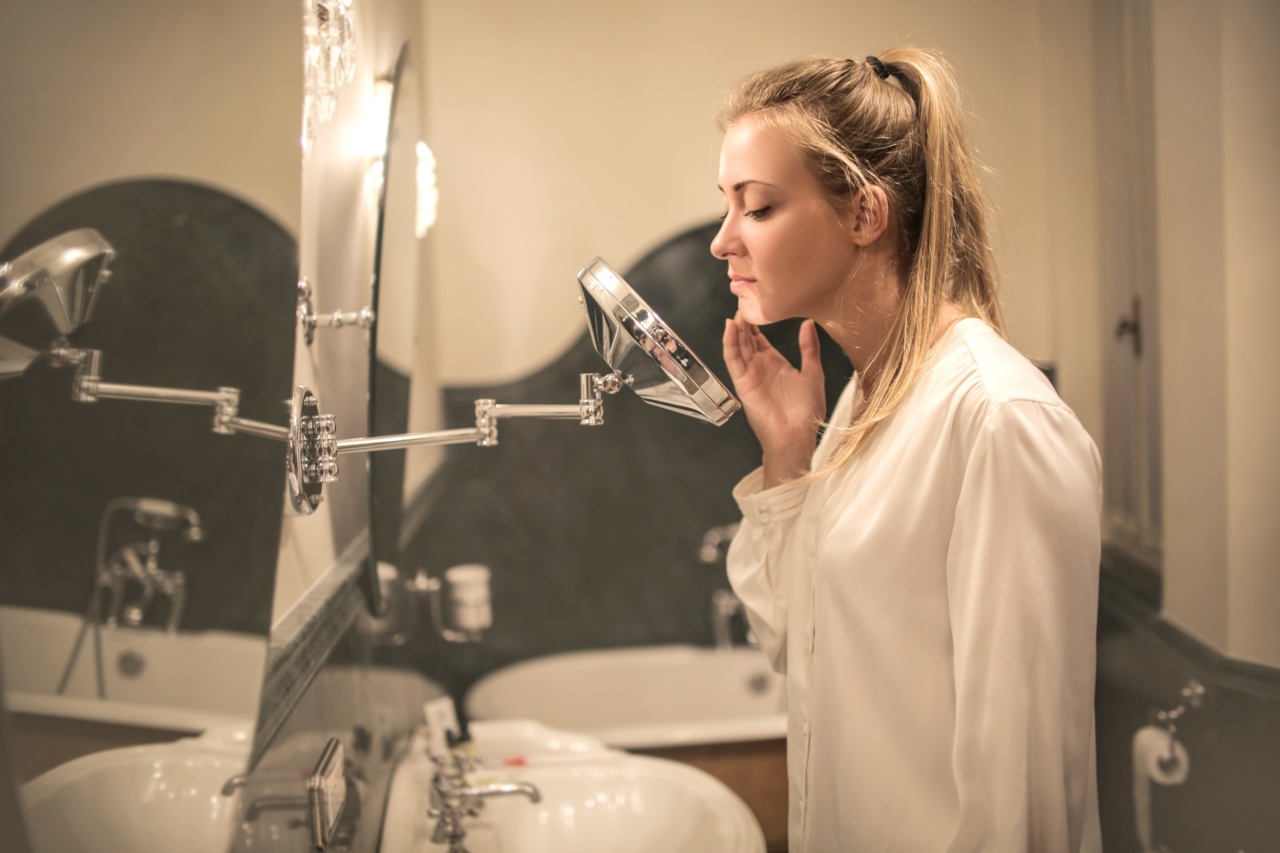Acne is a common skin condition that affects millions of people worldwide, causing not only physical discomfort but also a blow to self-esteem.
While there are several conventional treatments available, many individuals are turning towards natural remedies to address their acne concerns. One such approach is the use of supplements, which can help clear acne naturally. In this article, we will explore the top supplements known for their potential in improving acne and promoting healthy, radiant skin.
1. Zinc
Zinc is an essential mineral that plays a crucial role in various bodily functions, including skin health. It possesses anti-inflammatory properties, which can help reduce the redness and swelling associated with acne.
Additionally, zinc is known for its ability to regulate oil production and prevent clogged pores, leading to fewer breakouts. It also aids in collagen production, promoting skin healing and reducing scarring. Consuming zinc supplements or incorporating zinc-rich foods like oysters, nuts, and seeds into your diet may help improve acne symptoms.
2. Vitamin A
Vitamin A is essential for maintaining healthy skin, and it supports the growth and repair of skin cells. It helps reduce sebum production, preventing clogged pores and the formation of acne.
Moreover, vitamin A has antioxidant properties that protect the skin from damage caused by free radicals. Including vitamin A-rich foods such as carrots, sweet potatoes, and leafy greens in your diet, or taking vitamin A supplements, can aid in managing acne naturally.
3. Omega-3 Fatty Acids
Omega-3 fatty acids are known for their anti-inflammatory properties, which make them beneficial for individuals with acne. These healthy fats help reduce inflammation in the skin and promote overall skin health.
Omega-3s can be found in fatty fish like salmon and mackerel, as well as in walnuts, flaxseeds, and chia seeds. Incorporating these foods into your diet or taking omega-3 supplements can aid in the natural treatment of acne.
4. Probiotics
The health of our gut plays a significant role in our overall well-being, including our skin health. Probiotics are beneficial bacteria that help maintain a healthy gut microbiome.
They can help regulate inflammation, strengthen the immune system, and promote proper digestion and nutrient absorption. By restoring the balance of good bacteria in the gut, probiotics can indirectly improve acne symptoms.
You can find probiotics in fermented foods like yogurt, kefir, kimchi, and sauerkraut, or take probiotic supplements specifically formulated for skin health.
5. Vitamin E
Vitamin E is a potent antioxidant that helps protect cells from damage caused by free radicals. It aids in the healing of acne scars and promotes overall skin health.
Additionally, vitamin E has anti-inflammatory properties that can help calm irritated skin. Including foods rich in vitamin E, such as almonds, spinach, sunflower seeds, and avocados, in your diet or taking vitamin E supplements can contribute to clearer, healthier skin.
6. Green Tea Extract
Green tea extract is derived from the leaves of Camellia sinensis and has been used for centuries due to its numerous health benefits. It contains polyphenols, which are powerful antioxidants that help fight inflammation and reduce sebum production.
Green tea extract also possesses antimicrobial properties, potentially helping to kill acne-causing bacteria. Consuming green tea or taking green tea extract supplements can aid in managing acne naturally.
7. Vitex (Chasteberry)
Vitex, also known as chasteberry, is a herb commonly used to regulate hormonal imbalances in women. Acne outbreaks can often be linked to hormonal fluctuations, particularly during puberty, menstrual cycles, or menopause.
Vitex helps balance hormone levels by influencing the production of luteinizing hormone and reducing the levels of prolactin. By restoring hormonal balance, vitex can alleviate acne symptoms. Vitex supplements are widely available and can be beneficial for individuals struggling with hormonal acne.
8. Niacinamide
Niacinamide, also known as vitamin B3, is a water-soluble vitamin that offers various benefits for the skin. It possesses anti-inflammatory properties that can help reduce acne-associated redness and irritation.
Niacinamide also regulates sebum production, preventing excess oil buildup that leads to breakouts. Furthermore, it aids in maintaining the skin barrier and preventing moisture loss. Incorporating niacinamide-rich foods like poultry, fish, and mushrooms into your diet or using niacinamide-based skin care products can contribute to clearer skin.
9. Selenium
Selenium is a trace mineral that plays a vital role in antioxidant defense systems. It helps protect the skin from oxidative stress and inflammation, making it beneficial for acne-prone individuals.
Additionally, selenium is involved in the synthesis of glutathione peroxidase, an essential enzyme that aids in detoxification and assists the body in eliminating harmful toxins. Consuming selenium-rich foods like Brazil nuts, whole grains, and legumes or taking selenium supplements can support healthier skin.
10. Turmeric
Turmeric is a vibrant yellow spice widely known for its anti-inflammatory and antioxidant properties. Curcumin, the active compound in turmeric, helps reduce inflammation both internally and externally.
It can help calm inflamed acne lesions and promote healing. Turmeric also has antimicrobial properties that can fight acne-causing bacteria. Incorporating turmeric into your diet or using topical turmeric masks can harness its beneficial effects for clearer skin.
Conclusion
Acne can be a challenging condition to manage, but incorporating certain supplements into your routine can support your natural journey to clearer skin.
Zinc, vitamin A, omega-3 fatty acids, probiotics, vitamin E, green tea extract, vitex, niacinamide, selenium, and turmeric are all supplements with potential benefits for acne-prone individuals. However, it’s important to remember that supplements should be used as part of a comprehensive acne treatment plan, which includes proper skincare, healthy lifestyle choices, and, if necessary, professional guidance.
Always consult with a healthcare professional before starting any new supplements, especially if you have underlying health conditions or take medication.































